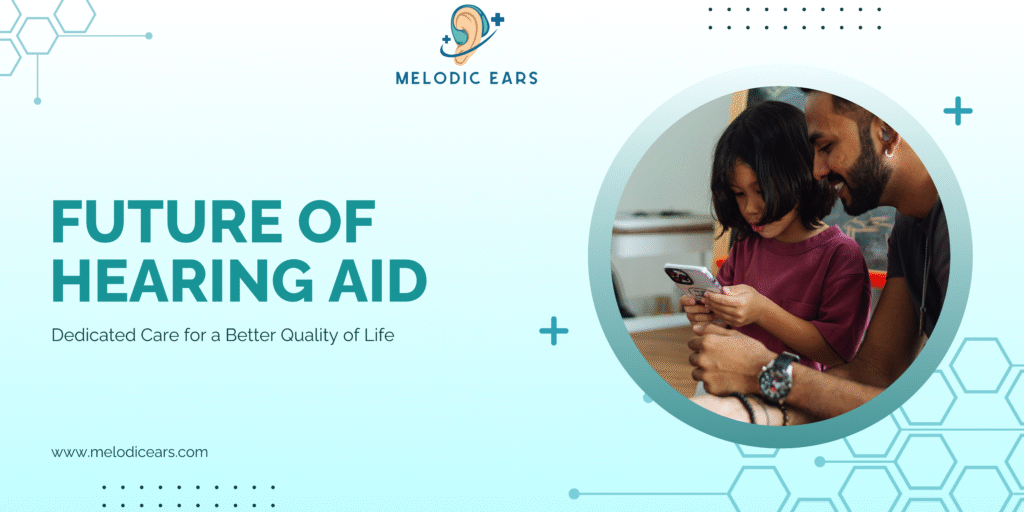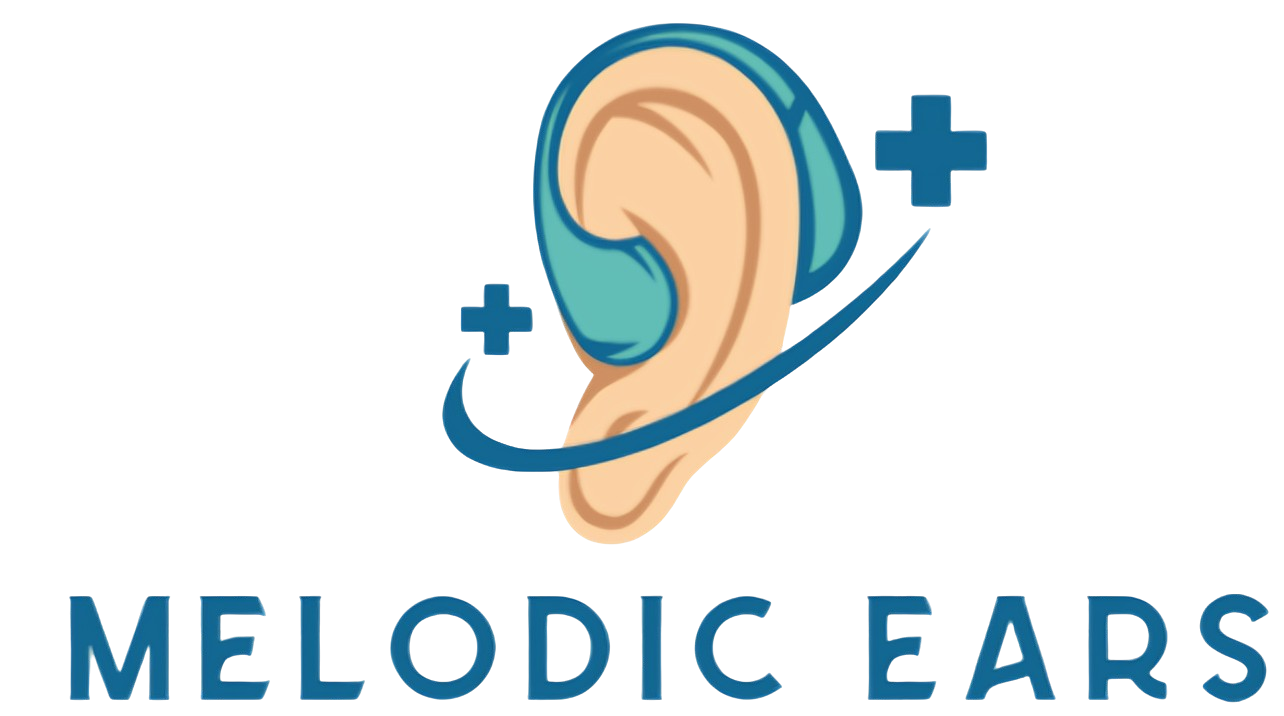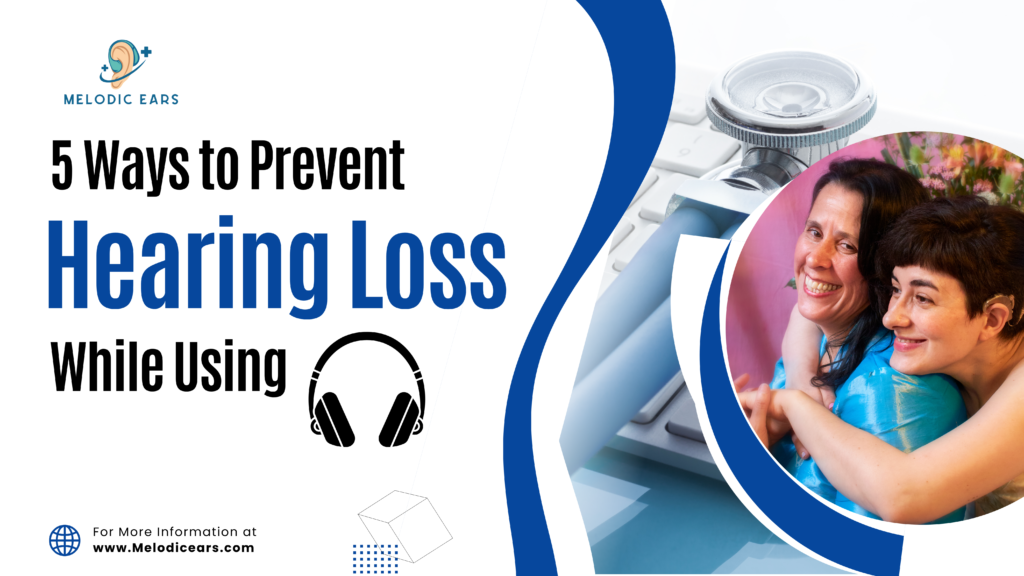The Future of Hearing Aids: How AI Is Redefining Hearing Care in India

The field of hearing care is undergoing a major transformation driven by artificial intelligence (AI) and digital health advancements. In India, where over 63 million people suffer from significant hearing impairment, the demand for smarter, more personalized, and accessible hearing aid solutions is growing. Traditional hearing aids are no longer enough to meet the evolving needs of users. With AI at the core, next-generation hearing aids are revolutionizing the way people interact with sound and communicate in their daily lives.
How AI Enhances Hearing Aid Performance
AI-powered hearing aids represent a breakthrough in audiology. Here’s how:
- Adaptive Sound Processing: AI algorithms can analyze the acoustic environment in real time and adjust settings dynamically to ensure optimal sound clarity and noise reduction.
- Speech Enhancement: Machine learning models isolate speech from background noise, enhancing conversations even in loud settings.
- Personalization Engine: Over time, the hearing aid learns the user’s preferences and automatically fine-tunes performance for different environments—workplaces, homes, crowded streets, etc.
- Environmental Detection: These hearing aids can differentiate between a quiet room, traffic noise, or a concert, switching modes instantly.
- Real-Time Translation (Emerging Feature): Some upcoming models are being tested with AI-driven translation to help bridge communication across languages.
The Indian Context: Why AI Is a Game-Changer
India’s hearing aid adoption rate is relatively low, around 25% of those who need them. The reasons include:
- Social stigma
- High cost
- Limited access to audiologists in rural areas
- Low awareness
AI-powered hearing aids lower these barriers by enabling remote tuning, app-based self-assessment, and virtual consultations. These features allow users to personalize their hearing aids without frequent clinic visits.
Benefits of AI-Powered Hearing Aids
- Natural Listening Experience: By mimicking how the brain processes sound, these devices offer more realistic hearing.
- Reduced Listening Fatigue: AI continuously balances sound so the brain doesn’t have to work hard to interpret noise.
- Data Logging for Professionals: ENT specialists can review usage patterns and environmental exposures.
- App Connectivity: Control volume, noise filters, and sound profiles from a smartphone.
- Cloud-Based Updates: Firmware and features can be updated remotely without hardware replacements.
Integration with Healthcare Ecosystems
The future of AI hearing aids involves deeper integration into healthcare systems:
- Electronic Health Record (EHR) sync for seamless medical history tracking
- Predictive alerts for audiologists about user issues
- Tele-audiology consultations built into mobile apps
Challenges and Opportunities
Challenges:
- Data privacy concerns
- Need for digital literacy among elderly users
- Ensuring AI models are unbiased and inclusive
Opportunities:
- India’s smartphone boom supports mobile-based hearing care.
- AI hearing aids can be scaled to Tier-2/3 cities with minimal infrastructure.
FAQs
Q1. What are AI-powered hearing aids?
These are smart devices that use artificial intelligence to adapt to environments, enhance speech, reduce noise, and provide personalized hearing assistance.
Q2. How do they differ from traditional hearing aids?
They self-learn and adjust automatically, unlike traditional models that require manual tuning.
Q3. Can they be used in rural areas?
Yes, especially since many models offer remote configuration and app-based settings.
Q4. Do they work with smartphones?
Absolutely. Most modern AI hearing aids support Android and iOS via Bluetooth and custom apps.
Q5. Are they available in India?
Yes. Melodic Ears provides cutting-edge AI-enabled hearing solutions across India.
About Melodic Ears
At Melodic Ears, we are reshaping the future of hearing and hospital care through advanced technology and human-centered innovation. Our AI-powered hearing aids are designed to improve accessibility, quality of life, and clinical efficiency. Whether you are a first-time user or a professional audiologist, our solutions are built to connect people with smarter, personalized care.


